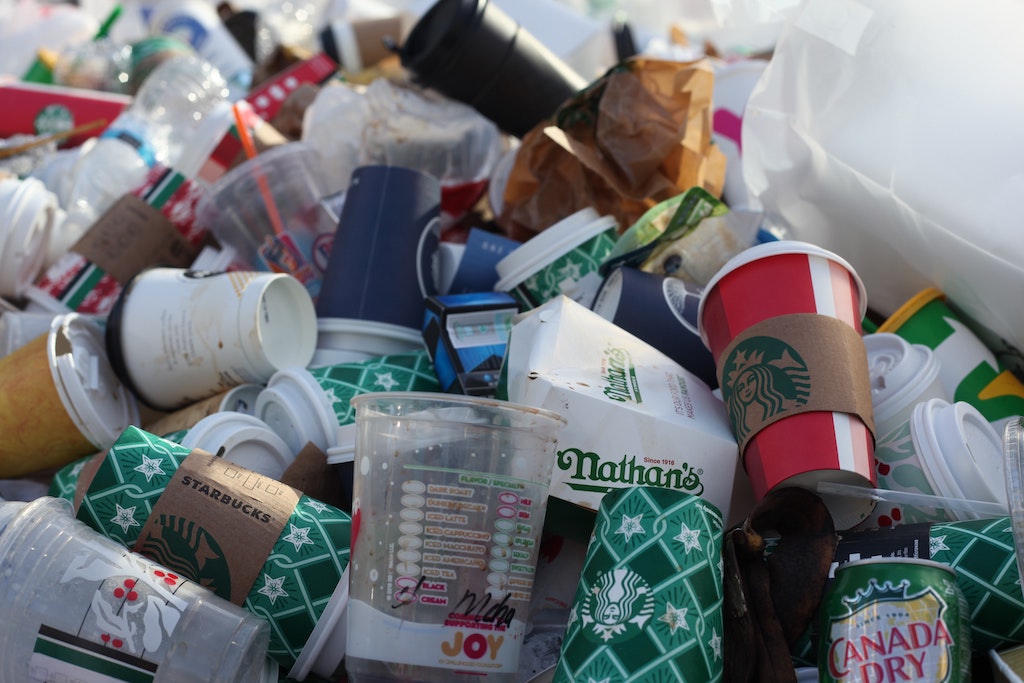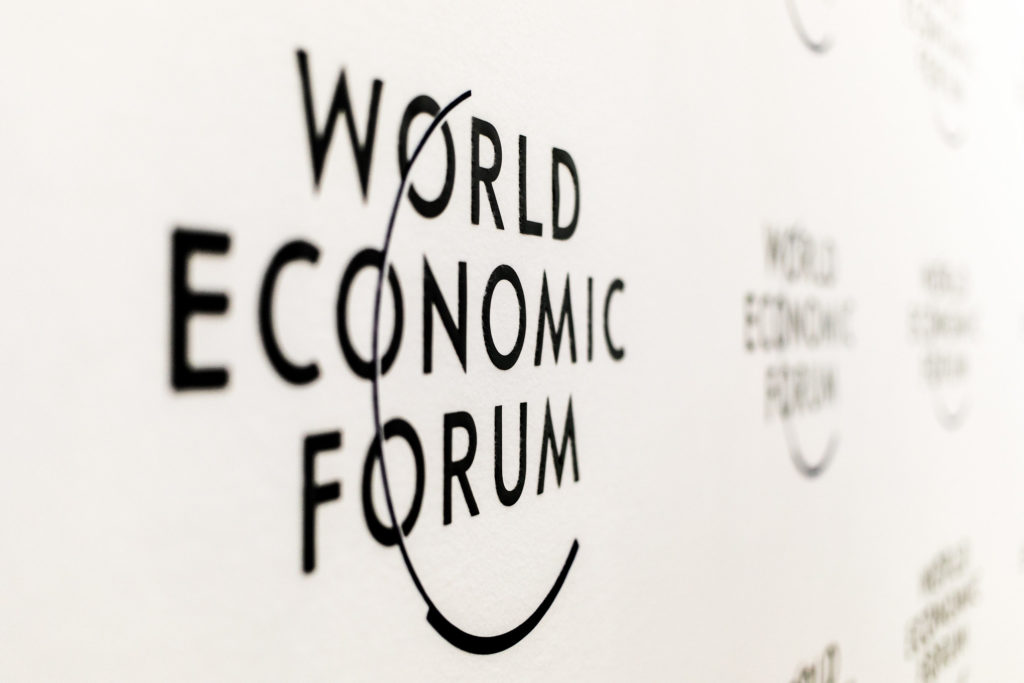4 Mins Read
If the world reused just 10% of plastic packaging, as much as half of our annual plastic waste would be prevented from entering the ocean. That’s according to a new report from the World Economic Forum (WEF), which examined the potential a reusable economy would have on tackling the world’s enormous plastic crisis.
Switching to a “reuse consumption model” would have a significant impact on slashing ocean plastic waste. In a new report, researchers from WEF and management consultancy Kearney estimate that annual ocean plastic waste could be halved if 10% of all plastic packaging products were to be reused.
The findings were based on interviews, data analysis, and scenario modelling across geographies. It outlined three main reuse scenarios and their impact on solving global plastic pollution.

‘Reuse among the most potent’ solutions
At the moment, over 50% of all plastic packaging is single-use. Only around 14% of plastic packaging products are ever collected for recycling. But what would happen if we switched to reusable options?
Under scenario one where 10-20% of plastic packaging is reusable by the end of this decade, the report estimates that 45-90% of annual ocean plastic waste could be saved. That would equate to 7-13 million tonnes of single plastic packaging taken out of the equation.
Scenario two will see reusables making up 20-40% of plastic packaging. This would lead to more than 90% of annual plastic ocean litter being eliminated, as well as 25-50% of plastic waste in landfills.
The third scenario is the most ambitious, with reusables making up 40-70% of packaging products. According to the report, this would equal to preventing a whopping 185-320% of ocean plastic pollution and 50-85% of landfilled plastics.

Commenting on these findings, WEF’s head of consumer industries and consumption Zara Ingilizian, said: “The shift from disposable consumer goods to reusables is still in its early stages, but there are already signs of progress. Reuse may well prove to be among the most potent manifestations of that shift.”
Action from entire society is necessary
These findings give hope that switching to a reusable-led circular economy would bring about huge progress in tackling the world’s climate and environmental crisis. But the report emphasises that such a shift would require transformational change across all sections of society.
“Any shift towards reusable consumer goods will depend on the choices and actions of the three driving forces of our economy: consumers, the private sector and the public sector,” said Beth Bovis, global social impact and sustainable lead at Kearney.
“Each of these groups has a unique role to play in making reuse a reality. The need for a more reuse-centred economic model is urgent and grows more so with each passing year. It is up to all stakeholders to answer the call.”

Head of WEF’s Consumers Beyond Disposability initiative, Mayuri Ghosh, agreed, saying that there is simply too much plastic waste to be recycled instead of reused.
“The plastic waste challenge has grown too large for us to simply recycle our way out of. With no global agreement over an ambition level to target plastic waste, the sooner we can make systemic and meaningful advance[s] towards reuse, the better.”
Read: Plastic emissions will soon reach irreversible tipping point, scientists warn
Obstacles to progress
There are three main challenges to overcome with regards to making large-scale reusables a reality, according to the report.
One of these is existing “hindrances to pro-reuse consumer behaviour”, such as inconvenience or affordability when it comes to reusable products. Governments and businesses, therefore, have a responsibility to encourage pro-reuse behaviour through public awareness campaigns and monetary incentives such as discounts. Researchers also highlighted concerns about the safety of reusable products in the wake of Covid-19 as a barrier that the public-private sector needs to address.

Research has confirmed that reusable products, including food and drink containers, are perfectly safe during the pandemic as long as they are properly sanitised after each use.
Other challenges include factors that prevent businesses from adopting reusable models, such as the lack of infrastructure or fiscal incentives. In terms of governmental limits, policymakers will struggle if they fail to set up effective monitoring and reporting mechanisms to track the impact of reusables.
Governments may also face funding problems, which could be addressed by introducing extended producer responsibility (EPR) schemes where producers pay for the pollution they cause.
Lead image courtesy of Unsplash.




